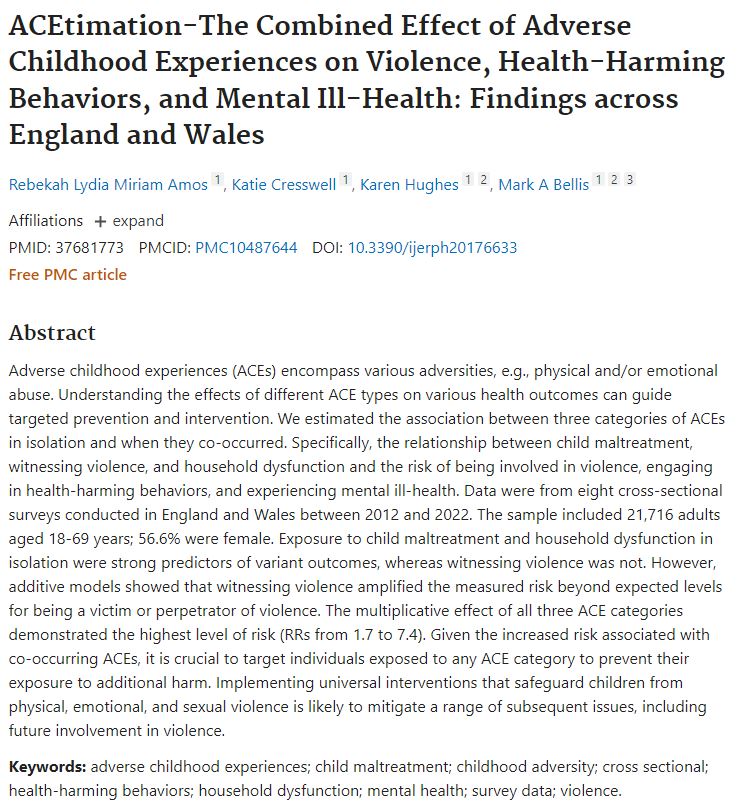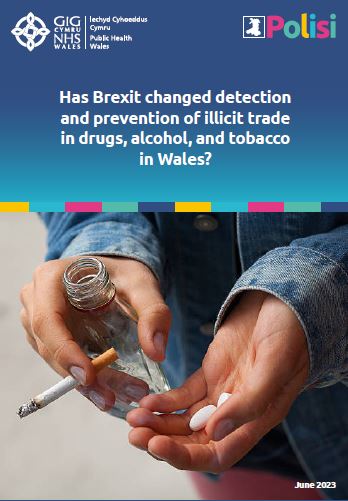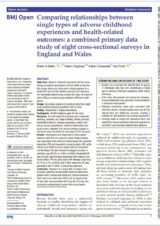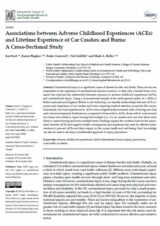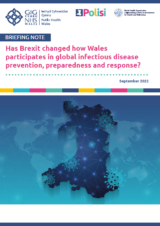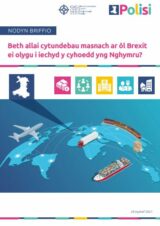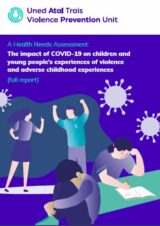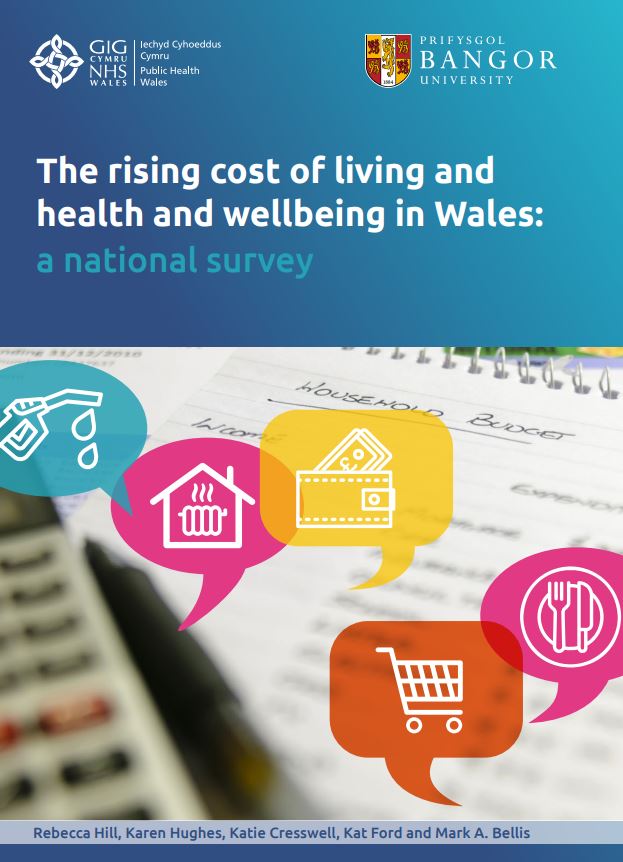
The rising cost of living and health and wellbeing in Wales: a national survey
Households across Wales and worldwide are experiencing an increase in the cost of living. Since late 2021, price rises for basic items such as food and energy have outstripped increases in average wages and welfare payments, leading to a fall in real disposable incomes. As a result, increasing pressure on household budgets is making it harder for people to afford the basics and is often referred to as a ‘cost of living crisis’. This report presents the findings of a survey developed to understand how the cost of living crisis is affecting health and wellbeing among the Welsh public; their approaches and decision-making relating to rising living costs; and their awareness of and access to financial support and schemes.

